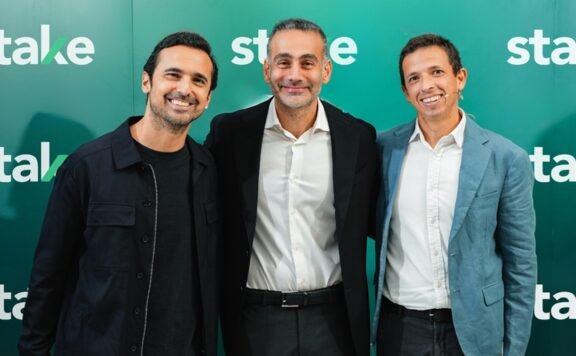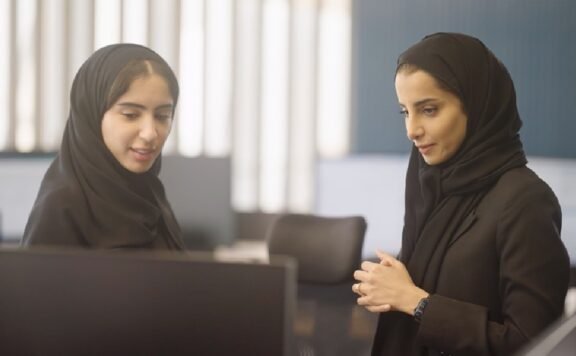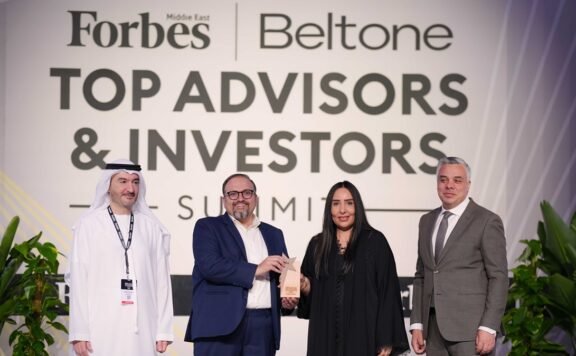The region’s most high-profile assembly of social media experts gathered at the GCC Government Social Media Summit which kicked off at the Ritz-Carlton, DIFC, ending 19th September. Public and private sector experts are pooling their brainpower and willpower together, to elevate the region to the forefront of the social revolution.
Underlining the growing importance of social media, Facebook users in the Arab world have tripled in just two years from 16 million to 45 million – with a 50% boom in the past year alone, according to the Arab Social Media Report. Meanwhile Twitter remains a reliable barometer of the region’s biggest talking points, with approximately 6 million tweets per day – about 70 per second.
However despite this progress, some challenges remain. One imbalance is that the overwhelming majority (70%) of the region’s social media users are youths (aged 15-29); therefore governments are keen to encourage a more equitable usage of social media among diverse age groups, making it a more accurate reflection of the population. Another area for growth is language usage: Arabic is the fastest growing language in Twitter’s history, making it vital for governments to engage their populations in their own language.
With these opportunities as a backdrop, Day One of the GCC Government Social Media Summit (18th September) began with an inspiring Keynote Address by H.E. Salem Al Shair, Deputy Director General for Information and e-Government sector, Telecommunications Regulatory Authority, who explained: “Governments should not only move with the times but actually stay a step ahead of the times, by anticipating social media trends and planning accordingly.”
These sentiments were echoed by the Conference Chairman, Fadi Salem – Director of the Dubai School of Government: “Governments can no longer afford to be reactive, and must now be proactive. That means preventing any miscommunication or misconception before it even occurs, through regular two-way dialogue on social media.”
In a strong signal of the summit’s importance, Elizabeth Linder from Facebook participated in a lively discussion on “Evaluating the Benefits of Social Media”. This discussion was particularly enlightening, since one of the most challenging and elusive breakthroughs in social media has been accurate measuring tools for reliable evaluation.
Social media has grabbed global headlines for its role in the region’s politics, and panelists explored how it can be harnessed as a constructive tool in foreign affairs. Representatives from three highly influential governments participated, namely Dr Saeed Al Dhaheri (Advisor to the UAE Minister of Foreign Affairs), Shane Dillon (UK Foreign and Commonwealth Office) and Richard Buangan (US Department of State). As a further indication that the GCC is on the right path, a top advisor to the New Zealand government, Jared Gulian, narrated his country’s success story.
From a business perspective, the region’s LinkedIn users surged by 20% in half a year. Surprisingly, most are not graduates or fresh jobseekers as is normally expected, but young professionals and entrepreneurs. This is welcome news, considering that SMEs contribute over 40% of the region’s employment and, in some cases, over 90% of total economic activity. Elaborating more on this, Robert McDonald, IBM’s Vice President: Software Services, presented a fresh perspective on how governments can utilize Social Business tools to engage social citizens.
Delving deeper into the social media penetration rates, the Top 5 of Arab countries was dominated by the GCC; with the UAE paving the way ahead of Kuwait and Qatar. In an encouraging sign, Facebook penetration rate grew by 50% in a year, from 8% to 12%. Analyzing penetration rates in greater detail was a panel comprising of representatives from UAE University, Dubai School of Government and the Kingdom of Bahrain.
The lively exchange of ideas is far from over, as the summit ramps up for Day Two on Wednesday 19th September, with much more social enlightenment on the horizon.




